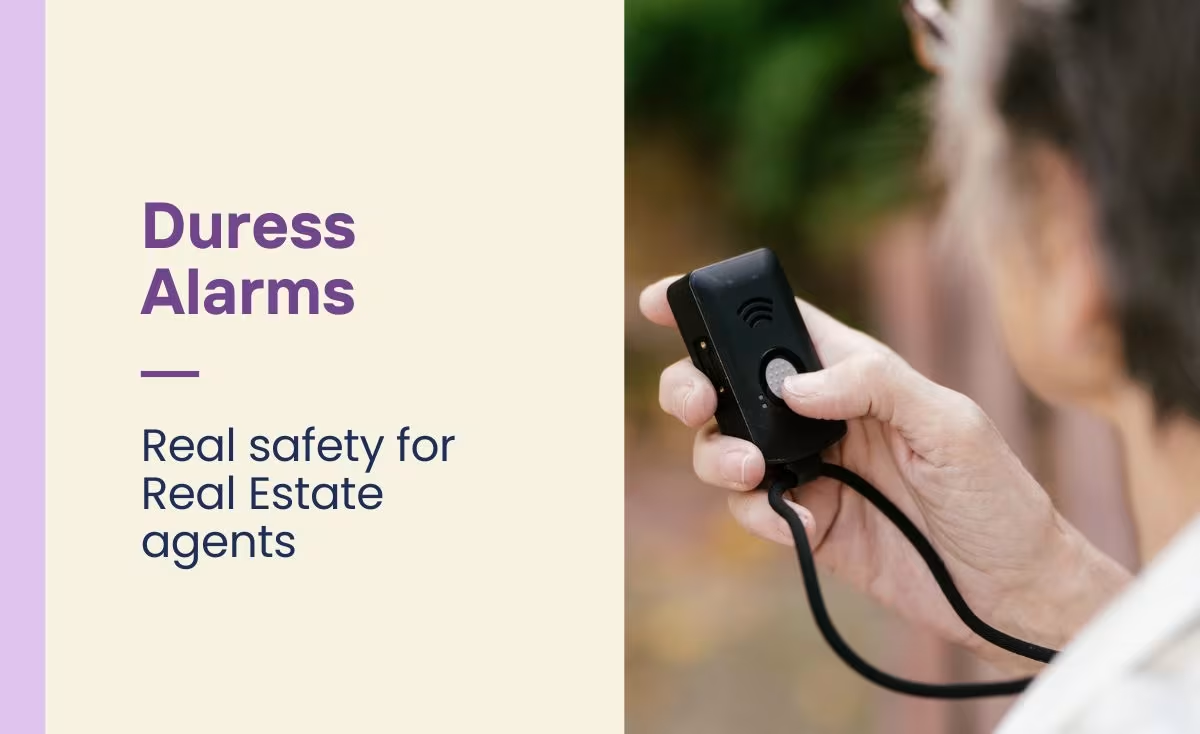Living independently with Parkinson’s Disease

According to Parkinson's Australia, Parkinson’s disease is the second most common neurological disease in Australia, with the most common being dementia. It is estimated that there are more than 150,000 people living with Parkinson’s in Australia, with 50 Australians being diagnosed with the disease every day.
A Parkinson’s diagnosis is a life-changing experience that needs long term treatment to help a patient control their symptoms.
However, there are many avenues that a Parkinson’s patient can take in order to retain their independence. A monitored personal alarm, for example, allows a patient with Parkinson’s disease to live their life with the knowledge that emergency assistance is only a button press away, whenever they need it.
What is Parkinson’s disease?
Parkinson’s disease is a progressive neurological condition that results from the loss of cells in various parts of the brain. It is often characterised by symptoms such as tremors, slowness of movement, muscle rigidity, and instability.
Living with Parkinson’s requires some adjustment as the disease slowly progresses. Depending on the level of impairment, daily activities such as getting dressed, driving and eating may become more challenging over time. However, the majority of people that experience Parkinson’s disease still continue to live long and rewarding lives.
Symptoms of Parkinson’s disease include:
- tremor or shaking, often when resting or tired
- muscle rigidity or stiffness, which can limit movement and may be painful
- slowing of movement
- stooped posture and balance problems
However, people with Parkinson’s disease can experience different symptoms from one another, such as:
- difficulty with handwriting
- changes to speech (softer voice, quick or slurred speech)
- loss of smell
- sleep disturbance
- fatigue
- drop in blood pressure leading to dizziness
- difficulty swallowing
How is Parkinson’s disease diagnosed?
Because the cause of Parkinson’s disease is still not known, it can be difficult to diagnose. A diagnosis will likely involve physical and neurological examinations, conducted over time to assess changes in reflexes, coordination, muscle strength, and mental function. Your doctor might also check how you respond to medicine.
Brain imaging tests, such as MRI or CT scans, can be used for diagnosis, as well as blood tests to rule out other conditions that might be causing your symptoms.
What are the treatments for Parkinson’s?
Treatments for Parkinson’s are based on your individual circumstances, and can include medication, surgery, lifestyle changes, a healthy diet and regular exercise.
Medical professionals that can help you manage your condition include your GP, neurologist, physiotherapist, occupational therapist, psychologist, specialist nurse, and dietitian.
While there is no cure for Parkinson’s disease, it’s important to follow medical advice to try to minimise the progression of the disease.
How can a personal alarm help people living with Parkinson’s?
MePACS personal alarms are designed to provide peace of mind for people with chronic conditions who want to continue to enjoy living independently. The alarms are monitored 24/7 by trained professionals and provide genuine safety in an emergency. We have been supporting over 48,000 clients Australia wide for over 35 years and are known for our reliability and high level of care.
We have a range of easy to use alarms, including a Home Alarm, Mobile Alarm, and Watch Alarm. Our range of Falls Detection Alarms send an automatic signal to our centre upon detecting a fall.
Because our alarms are monitored by a dedicated response team, we respond to every alarm call immediately and provide knowledgeable and caring support when you need it most.
How does the alarm work?
To raise an alert you just have to press the button once. One of our trained monitors will contact you via the alarm (or the base unit) quickly to assess the situation, and organise help – whether calling a family member, neighbour or friend to help, or contacting emergency services on your behalf.
Unlike auto dialler alarms, MePACS can share relevant information regarding your situation with emergency services, who can then prioritise the call.
To raise an alert you just have to press the button once. One of our trained monitors will contact you via the alarm (or the base unit) within two minutes, assess the situation, and organise help – whether calling a family member, neighbour or friend to help, or contacting emergency services on your behalf.
If you do not respond after the button is pressed we will attempt to call you, and then get in touch with your contacts. If we cannot get any response we will contact emergency services with a request to attend to you.
Other features include:
- We keep in contact until help has arrived – Providing a reassurance and comfort
- No need for an NBN connection or a mobile phone
- Works on the 4G network
- No lock-in contracts




.jpg)
